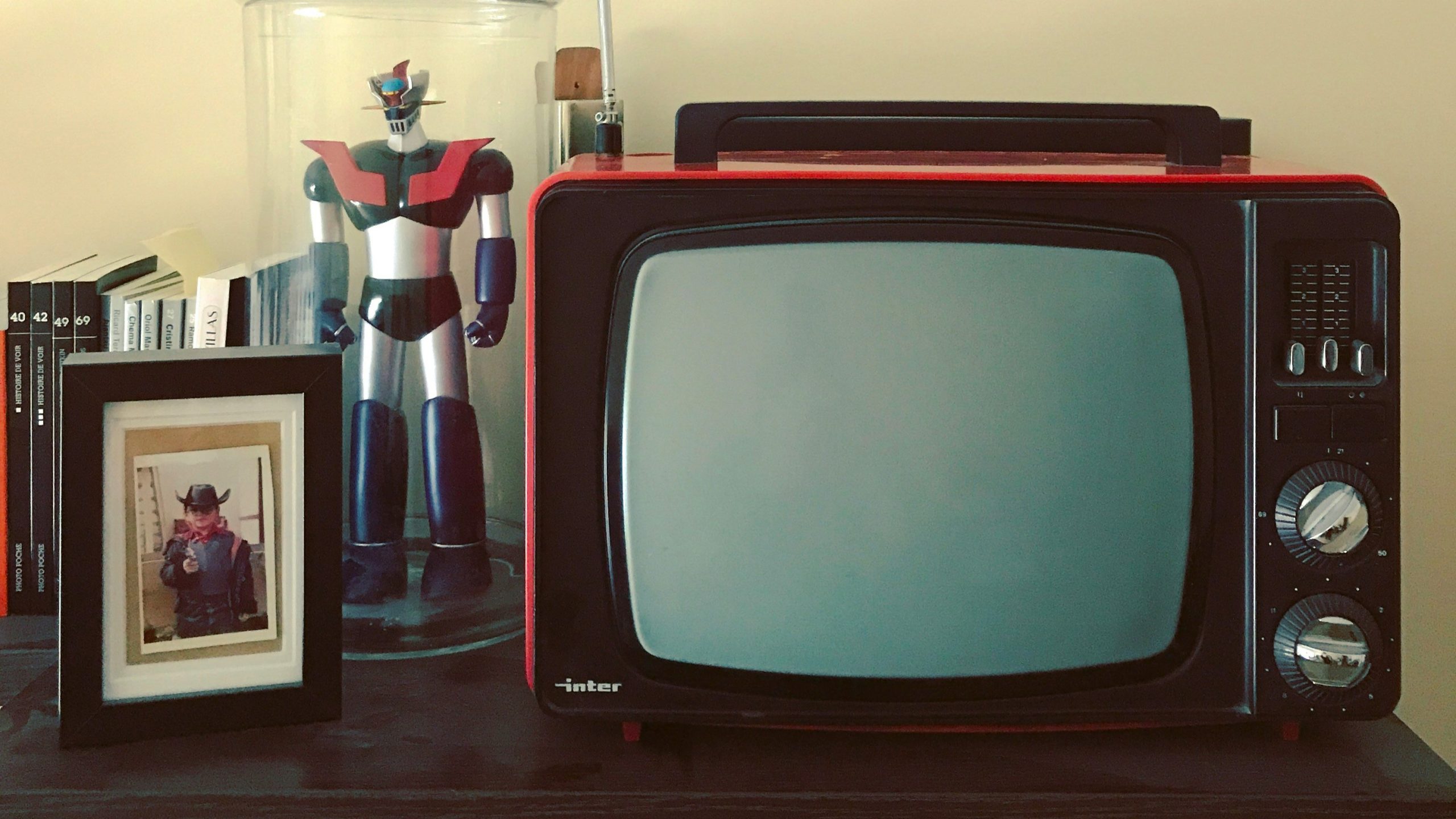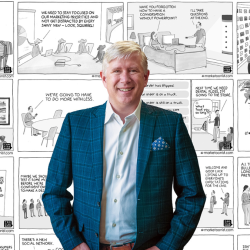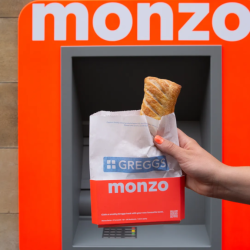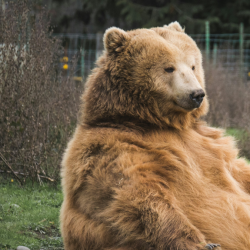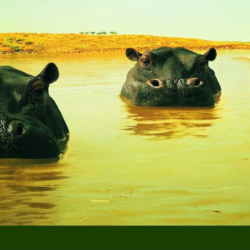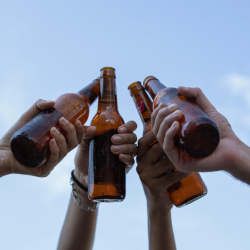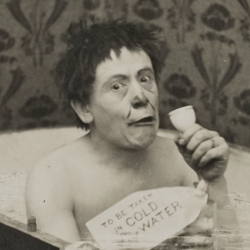At this year’s Cannes, the industry found itself caught in a curious bind…
Two heavyweight contenders in the advertising ring are squaring off: humour and artificial intelligence. The question I’ve been pondering? Can these two heavy hitters coexist in the realm of truly impactful advertising?
So let’s break it down a little. Humour is a powerhouse for ad creatives, offering a direct line to consumers’ hearts. A well-placed laugh can make an ad unforgettable, injecting entertainment value that sticks. Along with its moodier emotional cousins, humour forms the cornerstone of legendary commercials around the world. But here’s the rub: there’s a growing anxiety that AI could spell the end of this creative goldmine, and creatives are understandably worried.
Generative AI, in its current form, just doesn’t get the joke. It’s missing the nuances, the human touch, and the situational savvy needed to land a punchline. Understandably, creatives are sweating bullets. AI-driven ads often come off as bland, synthetic, and uninspired — think six-fingered models, plastic-looking backdrops, and robotic voiceovers that could use a few acting lessons. The results? Cheap, dystopian vibes that no brand wants.
Comedy in advertising (and in the real world) isn’t just about a clever line or a viral meme — on its best day it’s about delivery, timing, craft, nuance and a hell of a lot more. Sometimes it’s so damn absurd it’s impossible to say how something made its way from imagination into the loving bosom of an entire generation. But hold on, there’s another side to this coin. AI, when wielded creatively, can be a game-changer. It’s a tool, and its power lies in the hands of the user. Take the captivating Cannes session on immersive experiences, for example. It featured Refik Anadol, a trailblazing Turkish artist and designer whose AI-driven installations have mesmerised audiences globally. His recent exhibition at London’s Serpentine Gallery demonstrated the powerful creativity that AI can unlock.
Or consider Pedigree’s Outdoor Lions Grand Prix-winning ‘Adoptable by Pedigree’ campaign. This initiative used AI to transform shelter dog images into stunning, high-quality photos, making these lovable pups irresistible to potential adopters.
Then there’s the ingenious film by French telco Orange. It cleverly duped viewers into believing male stars were scoring spectacular goals, only to reveal that these feats were performed by the women’s national team. This AI-powered deepfake wasn’t just a trick — it was a statement, challenging negative perceptions and showcasing the women’s team’s incredible skills.
These examples prove that AI isn’t just a cost-cutting gimmick. Cannes highlighted the tug-of-war between creativity and AI, but also illuminated AI’s potential to boost imaginative advertising. The big concern? The temptation to prioritise quick profits over creative excellence.
However, if creatives stay true to their mission — to connect with consumers through groundbreaking ideas — AI can be a formidable ally in their arsenal. The key is to harness AI’s capabilities without losing sight of the human touch that makes advertising truly resonate. Will it ever reach the heights of the very best comedy ads or entertainment?
Time will tell, but if AI doesn’t get the industry to push harder to reach for creative and comedic gold then nothing will.
I’m on a horse.
Featured image: Brenda Timmermans / Pexels

























